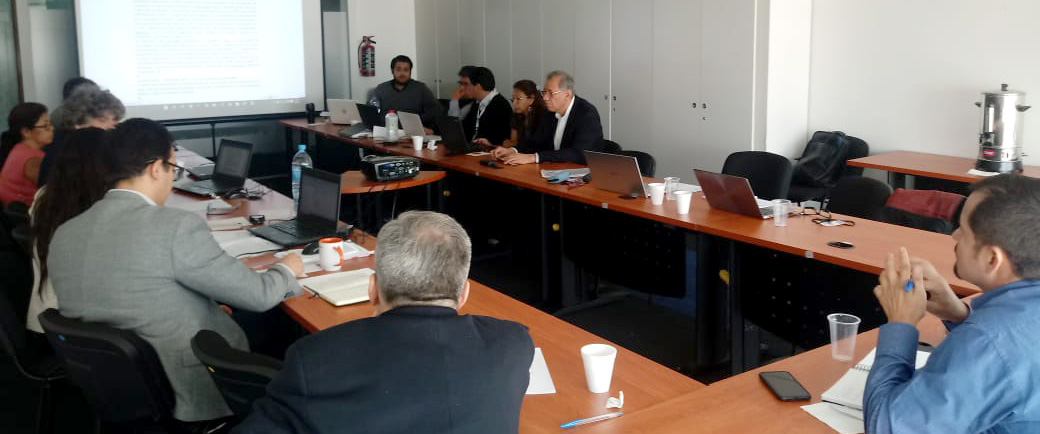An itinerary has been designed by the social policy area of EUROsociAL+ in IILA that will allow the Mexican National Employment Service Offices to have new methodologies and new tools to identify companies with potential for employment and support in workers’ searches.

From September 23 to 27, employment policy expert Fabio Boscherini carried out a mission to Mexico within the framework of a EUROsociAL+ action that seeks to strengthen the country’s National Employment Service (SNE).
The SNE of Mexico is undergoing a profound transformation process with the objective of increasing access to formal employment by job seekers, focusing its activities in favour of vulnerable groups (job seekers with a low level of schooling, who come from marginal environments, persons with disabilities, adults, etc.) to obtain, retain or recover their job. One of the needs detected during the previous mission carried out by the EUROsociAL+ team in June was to improve the employment relationship between employers and people seeking employment.
With the accompaniment of EUROsociAL+, an itinerary has been designed that will allow the Offices of the National Employment Service (OSNE) to have a new portfolio of services for companies and business organisers, to have new methodologies and new tools to identify, in each territory, companies with occupational potential, that is, those that can generate more demand for employment and/or those that require support for the search for workers, promote SNE services between companies and improve the demand-supply intersection. During the mission week, the technical team of the General Coordination of the National Employment Service, accompanied by the EUROsociAL+ expert, begun to define the services and promotional activities that will be implemented by the SNE and the operational tools for the provision of services and for the development of promotional activities aimed at strengthening the link between OSNE and companies/employers.
This action, which also has support from the IDB, aims to generate a first series of results and products for the first months of next year and begin its implementation in some of the 32 states that make up the Federal Republic of Mexico.



